
Blog
What Has Driven the Shift in Climate Change Awareness?
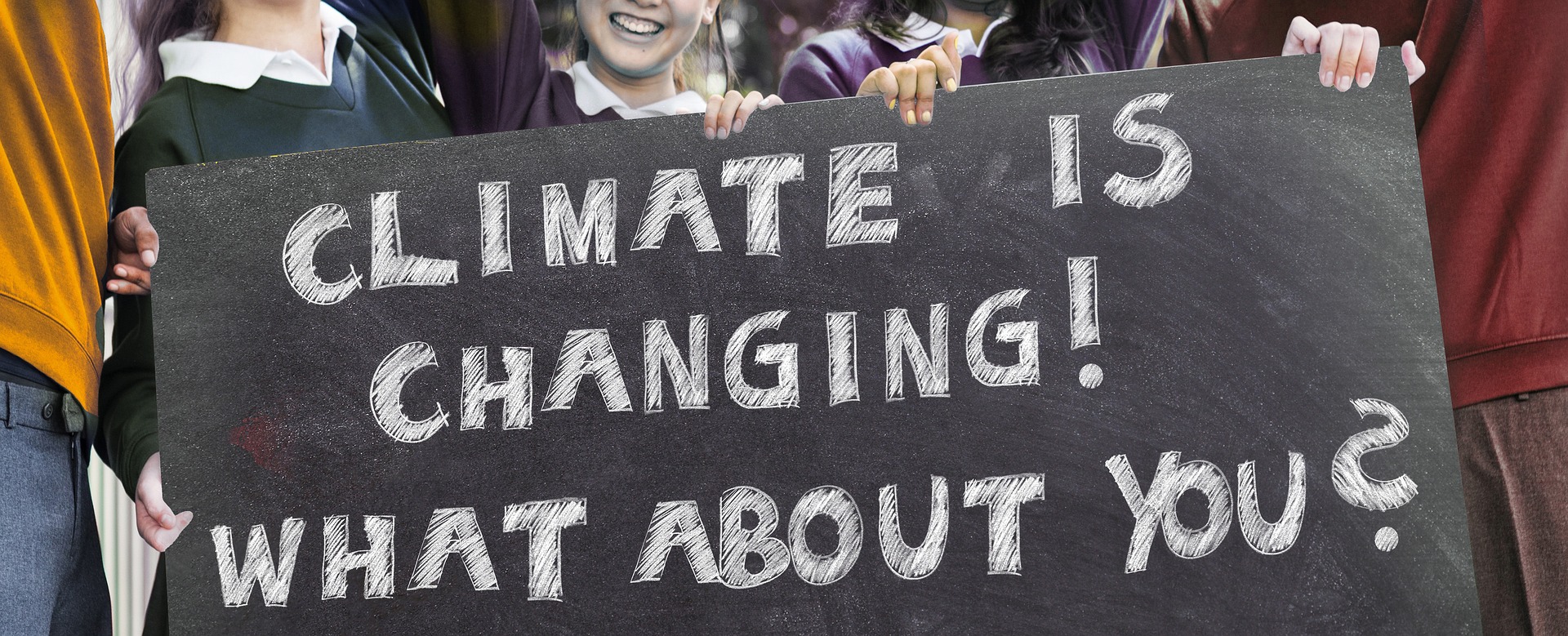
The issue of global warming has been a concern for decades, but only in recent years has it reached the forefront of political, corporate, and individual agendas. As the world faces the increasing impacts of climate change — such as floods, droughts, wildfires, and extreme weather — it’s clear that our collective awareness is changing. But what exactly has driven this shift, and where do governments, businesses, and individuals stand today? Let’s take a look at how our awareness has evolved and how each sector plays a role in tackling global warming.
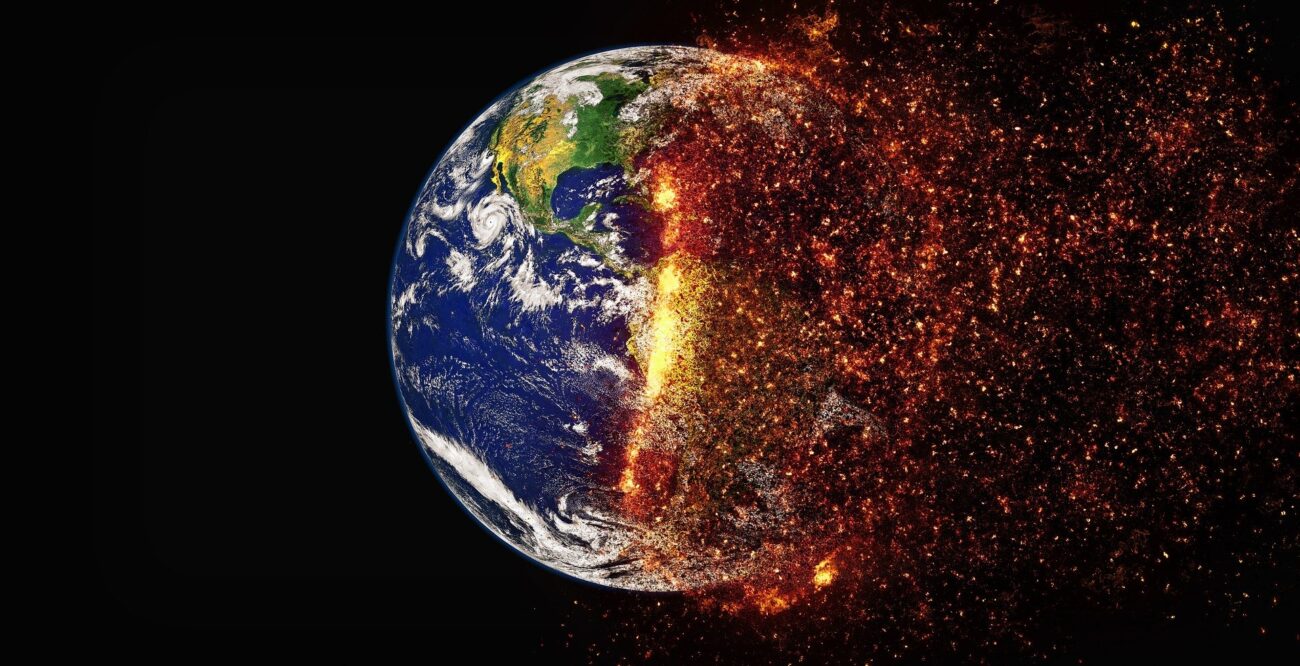
A Historical Perspective: How Awareness Has Evolved
・1980’s ~2000’s
Looking back, it’s evident that our awareness of global warming has come a long way.
In the 1980s and 1990s, climate change was primarily discussed within scientific circles, with early warnings like the IPCC reports often dismissed as distant concerns. The 1992 Earth Summit in Rio de Janeiro raised global awareness, but decisive action was lacking.
It wasn’t until the 2000s, with increasing natural disasters and the release of “An Inconvenient Truth” in 2006, that the public began to take the issue seriously. By the 2010s, movements like Fridays for Future and climate-focused organizations amplified youth voices. Today, the urgency of climate change is clear, and the conversation continues to evolve.
・Post 2010’s
Recognition of climate change as an urgent issue has finally become widespread. The Paris Agreement, adopted in 2015, marked a significant turning point in global awareness of climate change. The landmark deal, which brought nearly every country in the world together, aimed to limit global warming to well below 2°C, with efforts to restrict it to 1.5°C. This agreement ignited a wave of heightened climate consciousness, pushing governments, businesses, and individuals to take more aggressive action toward reducing carbon emissions.
Since the Paris Agreement, climate change awareness has surged. Governments have implemented stricter policies and set carbon reduction goals, while many countries have integrated climate action into long-term plans. Private companies, especially in energy, transportation, and manufacturing, have embraced sustainable practices and committed to net-zero emissions, driven by both regulation and consumer demand. On an individual level, more people are adjusting their lifestyles to reduce their carbon footprint. Although challenges persist, the Paris Agreement has significantly boosted global awareness, making climate action more urgent and mainstream than ever.
Another notable event was the adoption of the Sustainable Development Goals (SDGs) by the UN in September 2015. The SDGs aim to address global challenges like poverty, inequality, and climate change by 2030. Since then, the SDGs have influenced policies across governments, businesses, and communities. They have highlighted the interconnectedness of sustainability with social and economic factors, inspiring individuals to adopt eco-friendly practices and support sustainable initiatives. As awareness grows, the SDGs have fostered a global movement toward a more sustainable and equitable future, making sustainability a shared responsibility.
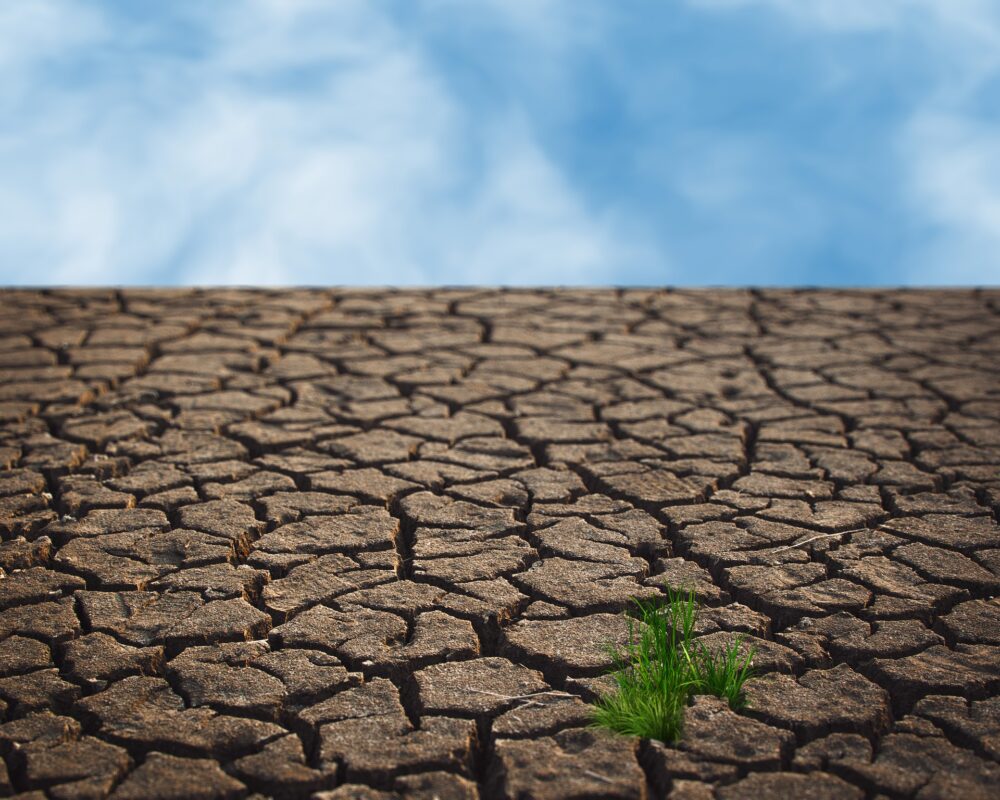
The Role of Governments in Shaping Awareness
Government action — or in some cases, inaction — has been one of the most significant drivers of public awareness about global warming. Over the years, governments worldwide have shifted from denying or downplaying climate change to actively committing to global agreements aimed at reducing greenhouse gas emissions.
The Paris Agreement, adopted in 2015, marked a turning point. For the first time, almost all countries in the world made a pledge to limit global warming to below 2°C, with an ambitious goal of 1.5°C. This monumental agreement brought the issue of climate change into the global spotlight. As of 2024, 197 countries have joined the Paris Agreement! Governments across the world were suddenly held accountable for their emissions and expected to take concrete steps toward a cleaner, more sustainable future.
In addition to international agreements, many nations have implemented national policies aimed at reducing carbon emissions, such as carbon pricing, renewable energy incentives, and stricter emission standards.
For example, Canada aims to cut GHG emissions by 40-45% below 2005 levels by 2030, with a target of net-zero emissions by 2050. Similarly, the U.S. plans to reduce emissions by 50-52% below 2005 levels by 2030 and achieve net-zero by 2050.
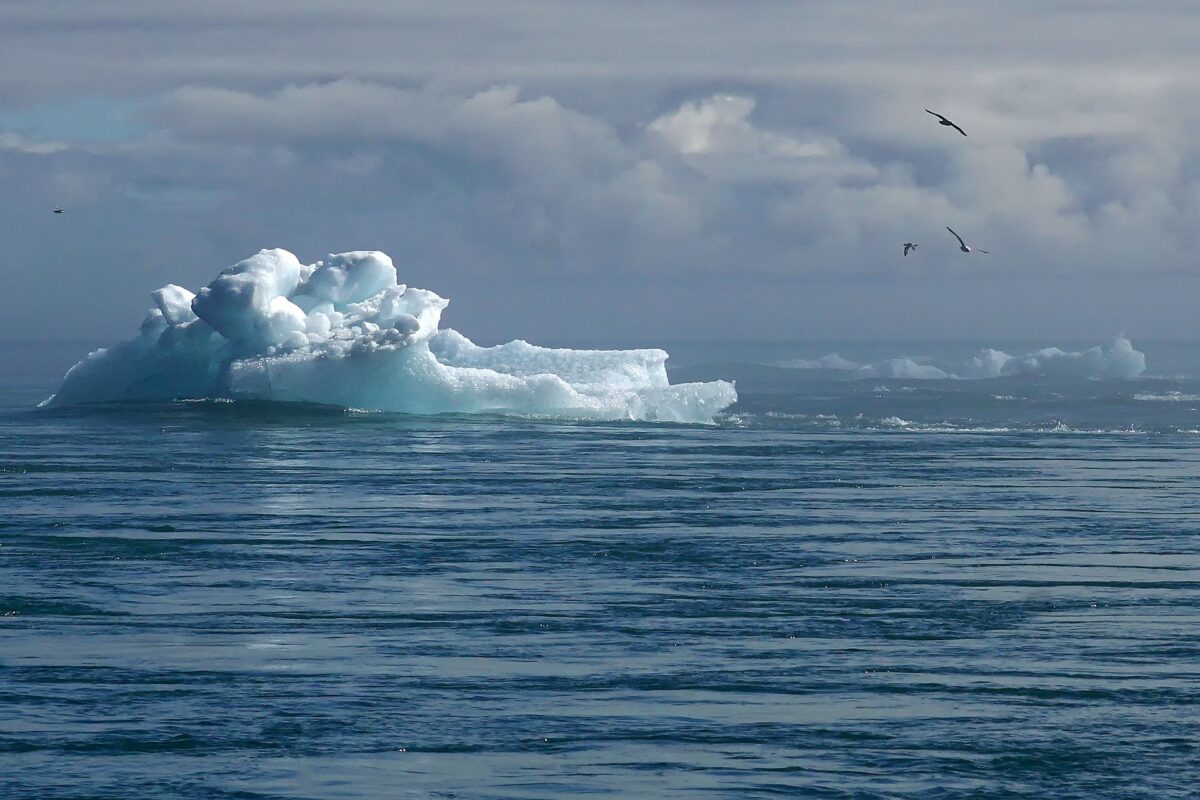
Private Companies: Corporate Responsibility and the Shift Toward Sustainability
Just as governments play a crucial role in tackling climate change, so do private companies. Over the past two decades, businesses—especially large corporations—have shifted their focus toward sustainability, recognizing that consumer demand and environmental regulations now require them to rethink their operations.
You might be wondering “what is driving this movement?” One major factor is the rise of corporate social responsibility (CSR). Consumers are more conscious of the products they purchase and their environmental impact. Companies are increasingly held accountable by consumers who seek transparency in how their favorite brands are addressing climate change and sustainability. In short, CSR practices that align with SDGs contribute to a company’s long-term success and appeal to ethical investor.
However, this shift hasn’t come without challenges.
One significant issue is greenwashing, where companies make misleading environmental claims. This has sparked concern as consumers increasingly demand authentic sustainability efforts. As a result, skepticism is rising, with people pushing for tangible change instead of empty promises. To address this, certain amendments to Canada’s Competition Act were introduced in June 2024 specifically to combat greenwashing.

The Growing Role of Individuals and Households
While governments and corporations certainly bear significant responsibility, individuals and households are equally important in the fight against global warming.
Today, the reality of global warming and climate change is easy to imagine. Floods, droughts, wildfires, and extreme weather events are increasingly visible not just on the news but also in our own neighborhoods and homes. These climate-related disasters are becoming more frequent and severe, serving as stark reminders of the ongoing impact of climate change.
According to research from Stanford University, the percentage of U.S. residents highly certain that global warming hasn’t occurred dropped from 43% in 2020 to 37% in 2024. This suggests that those who believe in global warming are more confident, while skeptics have become less certain. This shift in consciousness is perhaps most evident in the growing popularity of sustainable living practices.
Social media has played a significant role in spreading awareness, especially among younger generations. Platforms like Instagram, Twitter, and TikTok are flooded with content promoting eco-friendly lifestyles and encouraging others to take action. Influencers and activists use these platforms to educate the public on topics like plant-based diets, sustainable fashion, and renewable energy options.
In households, many are opting to install solar panels, use electric vehicles, and adopt smart home technologies that reduce energy consumption. It’s clear that the awareness surrounding global warming is not just a topic for discussion; it’s prompting people to make tangible changes in their daily lives.
Take EVs as an example. As a matter of fact, the share of EV in North America is still around 15%. But the U.S. alone is set to witness a notable rise in EV sales, with the market share for plug-in electric vehicles expected to exceed 38% by 2025.
Over the past several decades, people have become much more aware of their role in contributing to climate change and the need for individual action.
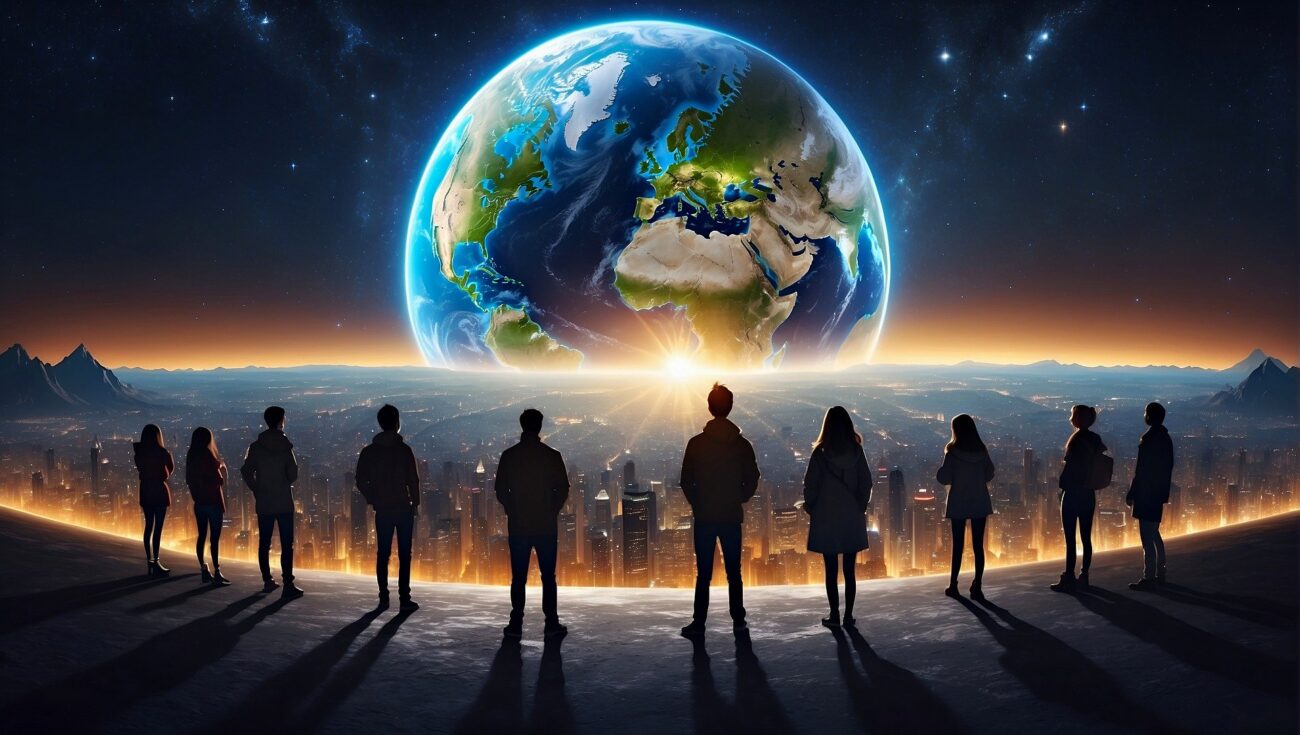
Conclusion: Moving Forward Together
Awareness of global warming has definitely evolved over time, and we all play an important role in addressing this global challenge. Whether advocating for stronger policies, supporting sustainable businesses, or making mindful lifestyle choices, everyone can contribute to the solution.
Are you staying up to date with this growing trend? The world is moving toward a cleaner, greener future, and awareness of this shift is rapidly increasing. Let’s explore this change together and see how we can all take action. Did you know that carbon offsets and carbon credits are powerful tools in the fight against climate change? Both businesses and individuals can make a difference, even on their own. Let’s work together to create a better future for our planet and future generations.
